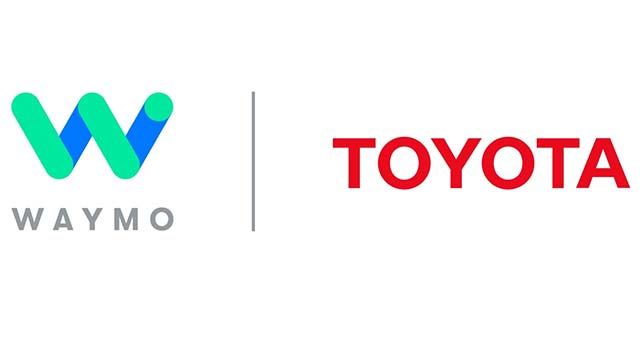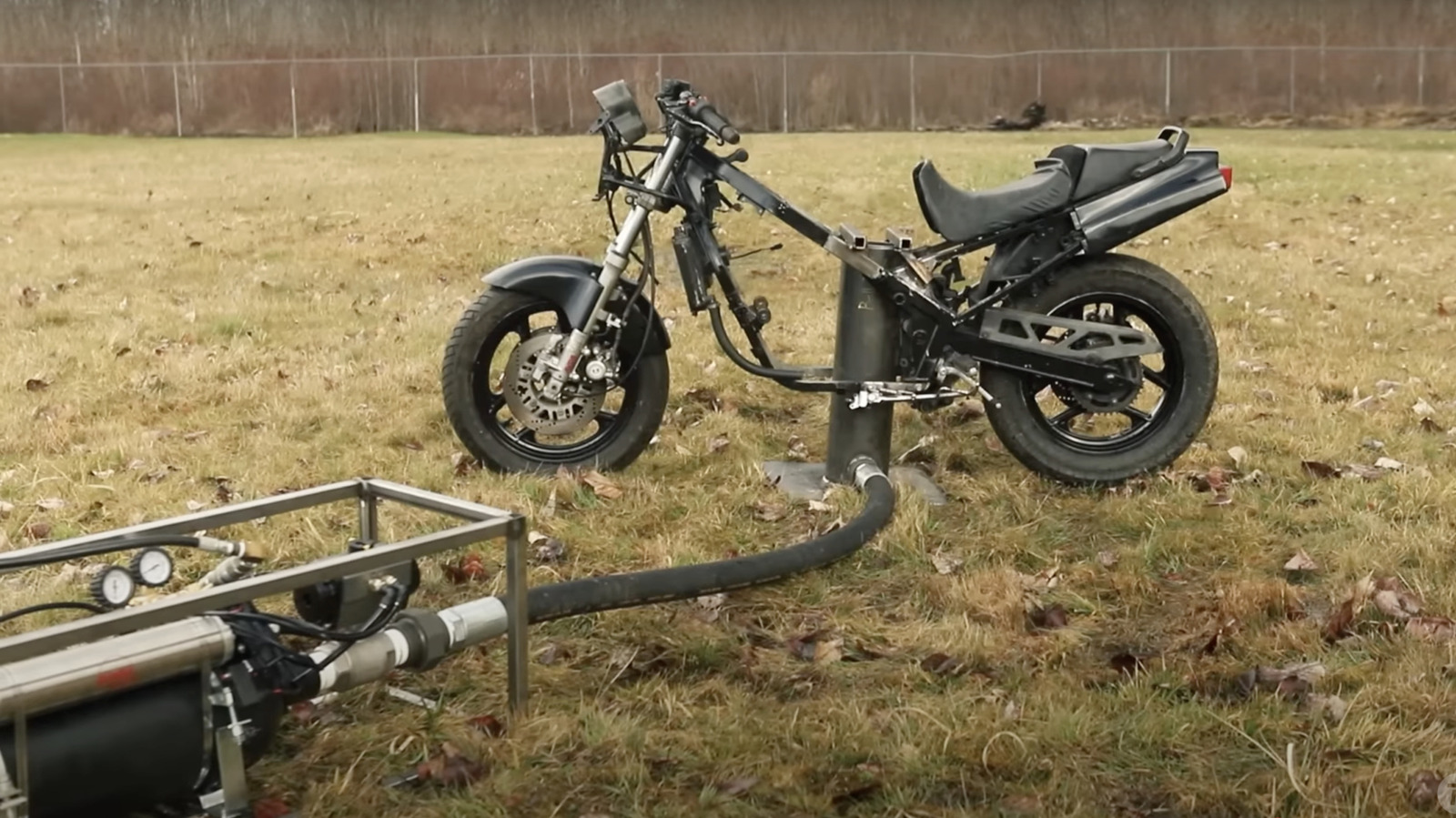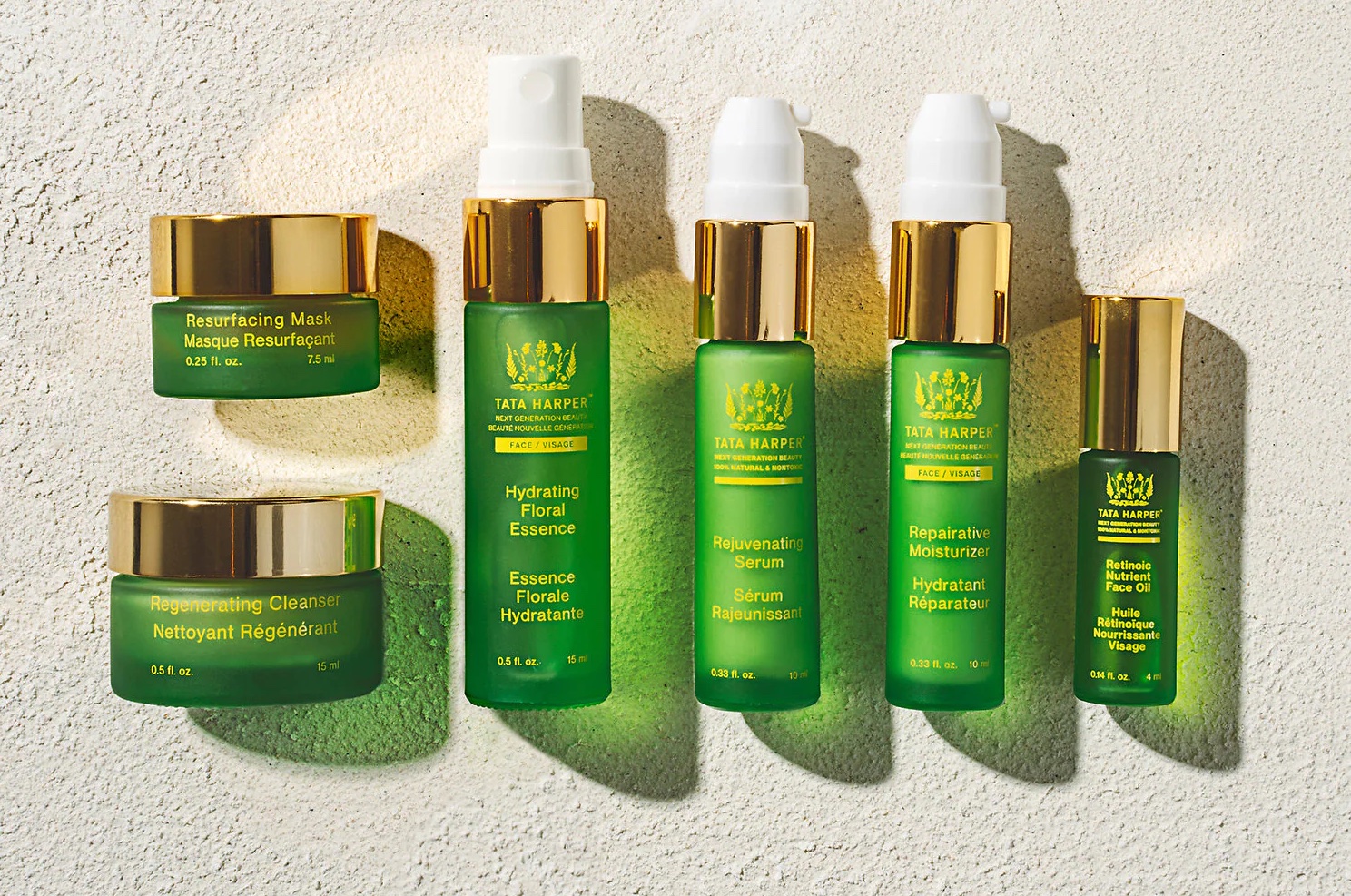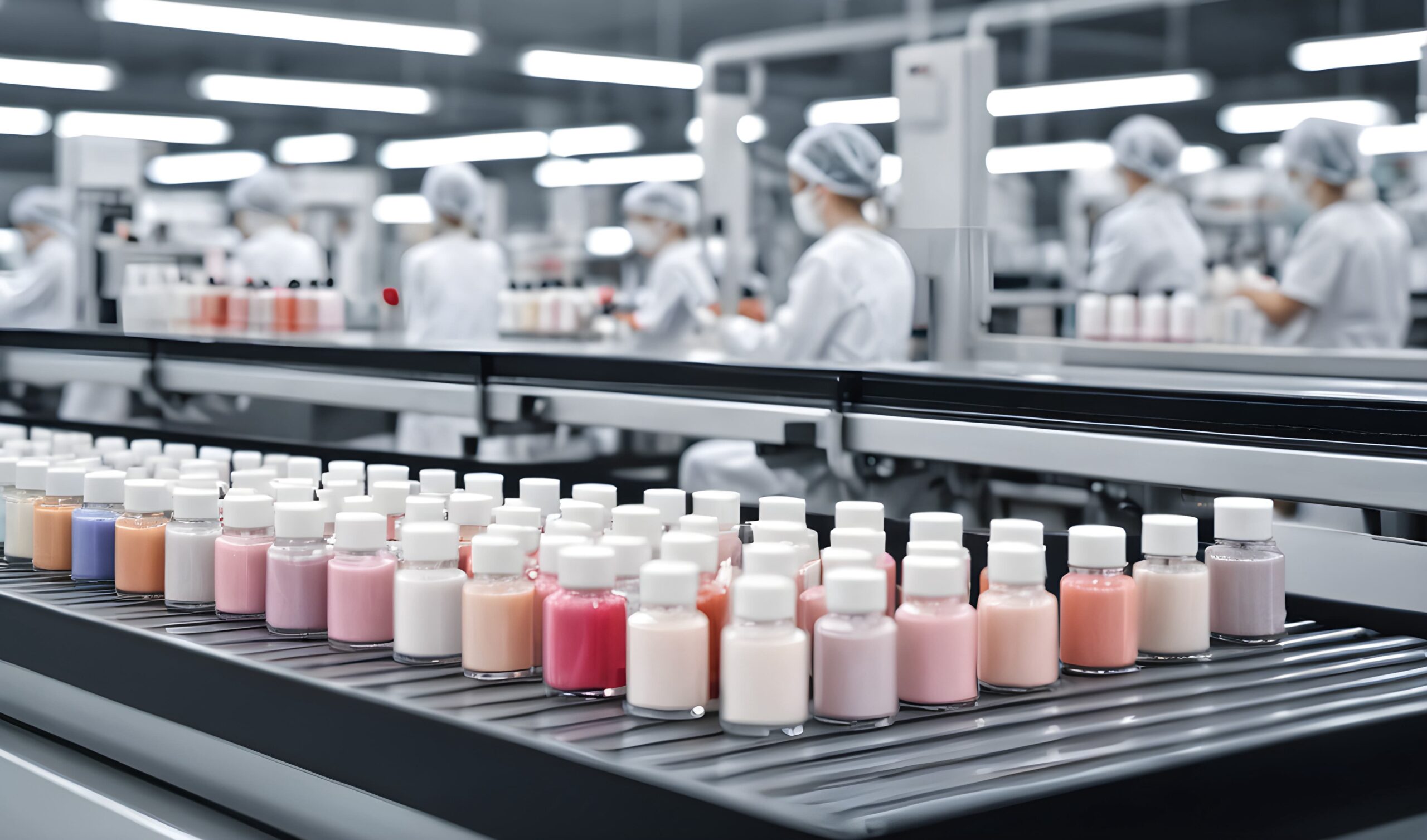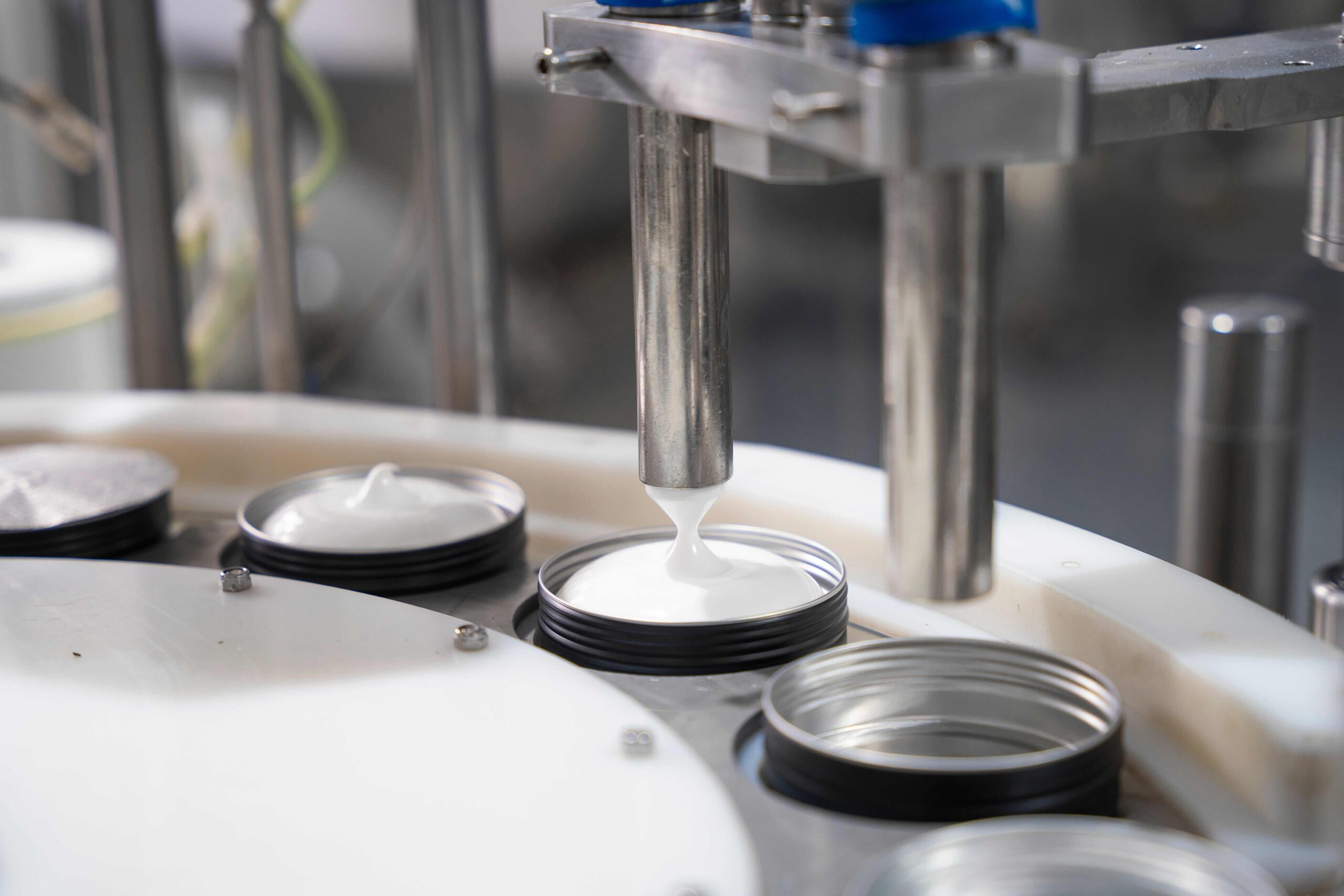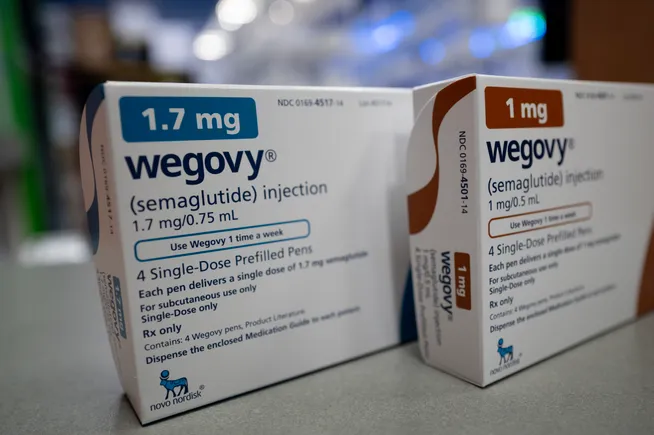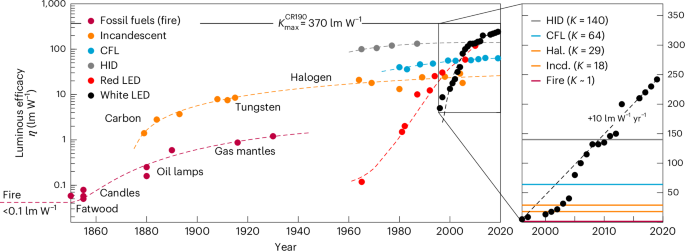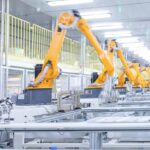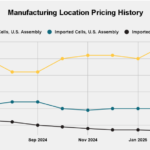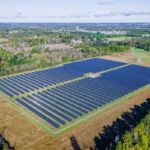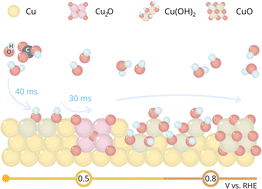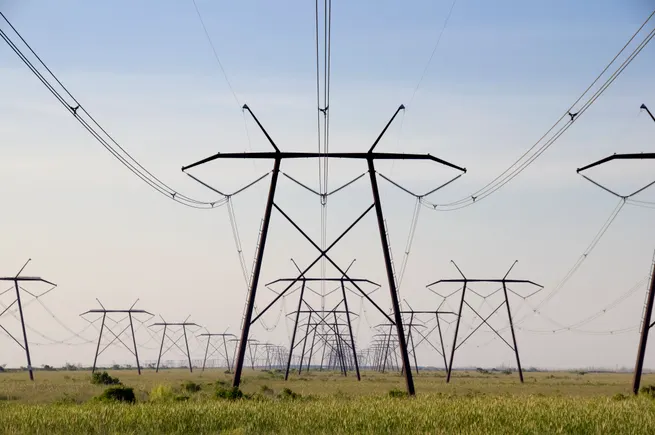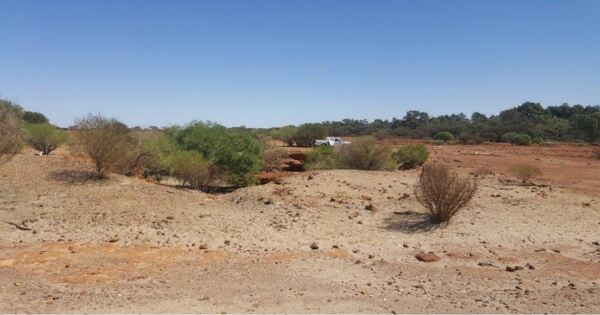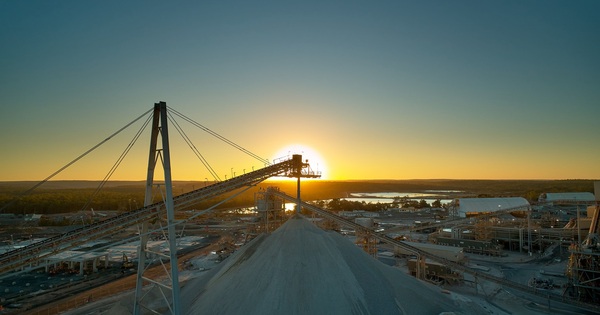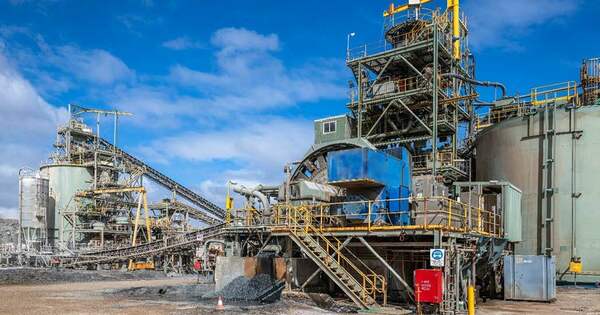Arda Biomaterials has received US$5.25 million in funding to turn beer waste into an eco-friendly leather alternative.
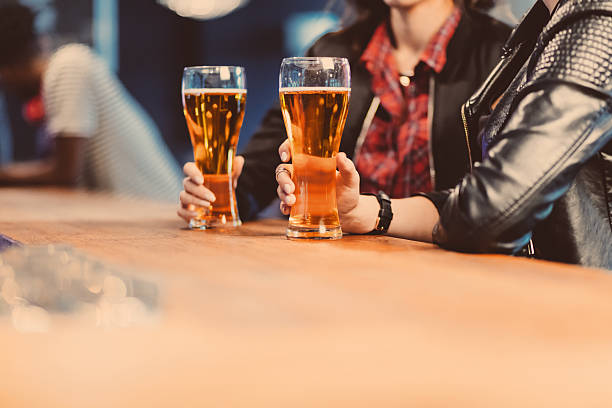
The chemistry technology company specialises in material applications of plant-based proteins and can turn spent barley grains into “New Grain” which is understood to be a sustainable, animal-free, and plastic-free leather alternative that is both biodegradable and customisable.
According to
Tech Funding News, Arda Biomaterials has closed an oversubscribed US$5.25m round led by Germany’s Oyster Bay Venture Capital.
It highlighted how the financing includes the lead investor from Arda’s 2023 pre-seed round, Clean Growth Fund, alongside investors Kadmos Capital and Green Angel Ventures.
According to
TFN, the cash injection will enable Arda to advance its work on “New Grain” – a leather-like material derived from waste barley proteins from beer breweries and whisky distilleries.
In the
TFN interview, Arda Biomaterials co-founders, Brett Cotten and Edward (TJ) Mitchell, revealed: “We are building a new facility on the Bermondsey Beer Mile in London, five times our current square footage. This new facility will host dedicated production space, an R&D lab, and our office. We will also be transitioning from a batch-based process to a continuous roll-to-roll process, which is the most scalable method of production.”
The team also explained: “Once optimised and patented, we will raise our next round to co-locate this continuous process alongside a brewery, enabling immense production outputs. We initially applied our technology to beer breweries and whisky distilleries because of their robust supply chains. As part of this raise, we will also prioritise commercial partnerships to introduce products to the fashion and other industries, starting on a small scale.”
The news follows Arda recently having been accepted into the sixth cohort of the 100+ Accelerator — a corporate accelerator initiative with AB InBev, Danone, Unilever, Coca-Cola, and Colgate-Palmolive — where Arda will run a pilot with global brewing giant AB InBev.
Describing their motives for the business and its direction, Brett Cotten and Dr. TJ Mitchell revealed: “Personally, we are driven to reduce humanity’s reliance on animals and plastics for materials. Factory farming is abhorrent. Plastic is contaminating our bodies and the environment. With a modern understanding of chemistry and materials science, we can pick up where scientists left off in the 1930s and earlier, when petrochemicals weren’t the new wonder material and natural proteins were a large focus of materials innovation.”
Regarding the market opportunity, the team at Arda explained: “There is a growing need for manufacturers and brands in fashion, footwear, automotive, and home goods to offer customers options free from animals and plastic. This consumer preference provides an opportunity for brands to increase revenues by accessing new market segments. Additionally, incoming regulations around deforestation, material end-of-life, and carbon emissions are creating further incentives for change.”
Arda co-founder and CEO Brett Cotten, explained: “Breweries and distilleries can do so much more than just provide feedstock. We utilise the same equipment, and they possess internal science and engineering expertise. Additionally, they have established brand partnerships within the fashion, automotive, and sports sectors, providing global scale, operational support, and commercial connections that are rare among feedstock providers. Working with brewers and distillers is our superpower, enabling us to achieve competitive pricing and tremendous scale, making a significant impact across various industries. Perhaps we’ll even create global merchandise for brewers and distillers themselves.”
Cotten and Mitchell explained: “We take this globally abundant feedstock and extract the plant-based proteins, manipulating them with our technology to create an animal-, plastic-, and rubber-free material most similar to vegetable-tanned leather. The first part uses brewery equipment. The second part uses plastic-manufacturing equipment without the plastic. Our technology can be applied to other feedstocks beyond spent grain and other products beyond leather-like materials. We’re truly a platform for materials innovation that aims to eliminate animals and plastics from the supply chain, empower local economies, and create exceptional fabrics for fashion, automotive, home goods, and more.”
They added: “The key innovation isn’t just the technology but also the supply chain — brewers can help us create scaled materials that are cheaper than animal or plastic alternatives, producible almost anywhere globally. Brewers and distillers already work with sports, automotive, and fashion brands through sponsorships. What if we could connect them not just through sponsoring, but materially through product?
Mitchell added: “The natural world has all the necessary building blocks to create incredible, environmentally-friendly materials. Spent grain is a perfect case: the abundant feedstock is rich in protein that we can extract and manipulate to create New Grain , all without the need for plastics or petrochemicals. The material has come a long way since the first experiments in my kitchen, and it now looks and performs as a viable alternative to animal-derived materials or plastic. We can’t wait to see it in more products.’’
In the next years, the Arda team has revealed that it plans to build the business’s first co-located facility with a brewing or distilling partner. Its goal is to produce 10m sq ft of material annually from a single site to assist the fashion, automotive, aerospace, furniture, and footwear industries with materials that meet performance, aesthetic, scale, and price requirements as well as being eco-conscious.
Speaking about the investment, Oyster Bay principal Philip Stark said: “We are pleased to back Arda on their mission to transform brewers’ spent grain into next-generation materials. Brett and TJ bring a rare combination of technical excellence and mission-driven ambition, and we are confident they can build a category-defining champion. Starting with leather alternatives, Arda is more than a materials company – it’s a reflection of Brett and TJ’s commitment to building a circular, sustainable, and scalable future. At Oyster Bay, we are excited to support them on their journey.”
Clean Growth Fund investment partner Susannah McClintock explained how Arda’s ”innovative approach to transforming proteins from waste grain into high-value materials represents a significant advancement in decarbonising industries that rely on traditional animal-based and petrochemical materials”. McClintock went on to describe the initiative as having the “potential for transformative environmental impact”.
Kadmos Capital managing partner Remy Kestouani admitted: “We found their approach to be both elegant and impactful, which prompted us to explore further and uncover a truly differentiated scientific foundation and intellectual property that remarkably harnesses the power of nature.“
Green Angel Ventures CEO Cam Ross added: “We feel Arda’s innovation is critical; with the amount of raw resources that society is consuming, along with the associated effect on climate change, new alternatives are vital. It’s even better when they look this good.”

 The chemistry technology company specialises in material applications of plant-based proteins and can turn spent barley grains into “New Grain” which is understood to be a sustainable, animal-free, and plastic-free leather alternative that is both biodegradable and customisable.
According to Tech Funding News, Arda Biomaterials has closed an oversubscribed US$5.25m round led by Germany’s Oyster Bay Venture Capital.
It highlighted how the financing includes the lead investor from Arda’s 2023 pre-seed round, Clean Growth Fund, alongside investors Kadmos Capital and Green Angel Ventures.
According to TFN, the cash injection will enable Arda to advance its work on “New Grain” – a leather-like material derived from waste barley proteins from beer breweries and whisky distilleries.
In the TFN interview, Arda Biomaterials co-founders, Brett Cotten and Edward (TJ) Mitchell, revealed: “We are building a new facility on the Bermondsey Beer Mile in London, five times our current square footage. This new facility will host dedicated production space, an R&D lab, and our office. We will also be transitioning from a batch-based process to a continuous roll-to-roll process, which is the most scalable method of production.”
The team also explained: “Once optimised and patented, we will raise our next round to co-locate this continuous process alongside a brewery, enabling immense production outputs. We initially applied our technology to beer breweries and whisky distilleries because of their robust supply chains. As part of this raise, we will also prioritise commercial partnerships to introduce products to the fashion and other industries, starting on a small scale.”
The news follows Arda recently having been accepted into the sixth cohort of the 100+ Accelerator — a corporate accelerator initiative with AB InBev, Danone, Unilever, Coca-Cola, and Colgate-Palmolive — where Arda will run a pilot with global brewing giant AB InBev.
Describing their motives for the business and its direction, Brett Cotten and Dr. TJ Mitchell revealed: “Personally, we are driven to reduce humanity’s reliance on animals and plastics for materials. Factory farming is abhorrent. Plastic is contaminating our bodies and the environment. With a modern understanding of chemistry and materials science, we can pick up where scientists left off in the 1930s and earlier, when petrochemicals weren’t the new wonder material and natural proteins were a large focus of materials innovation.”
Regarding the market opportunity, the team at Arda explained: “There is a growing need for manufacturers and brands in fashion, footwear, automotive, and home goods to offer customers options free from animals and plastic. This consumer preference provides an opportunity for brands to increase revenues by accessing new market segments. Additionally, incoming regulations around deforestation, material end-of-life, and carbon emissions are creating further incentives for change.”
Arda co-founder and CEO Brett Cotten, explained: “Breweries and distilleries can do so much more than just provide feedstock. We utilise the same equipment, and they possess internal science and engineering expertise. Additionally, they have established brand partnerships within the fashion, automotive, and sports sectors, providing global scale, operational support, and commercial connections that are rare among feedstock providers. Working with brewers and distillers is our superpower, enabling us to achieve competitive pricing and tremendous scale, making a significant impact across various industries. Perhaps we’ll even create global merchandise for brewers and distillers themselves.”
Cotten and Mitchell explained: “We take this globally abundant feedstock and extract the plant-based proteins, manipulating them with our technology to create an animal-, plastic-, and rubber-free material most similar to vegetable-tanned leather. The first part uses brewery equipment. The second part uses plastic-manufacturing equipment without the plastic. Our technology can be applied to other feedstocks beyond spent grain and other products beyond leather-like materials. We’re truly a platform for materials innovation that aims to eliminate animals and plastics from the supply chain, empower local economies, and create exceptional fabrics for fashion, automotive, home goods, and more.”
They added: “The key innovation isn’t just the technology but also the supply chain — brewers can help us create scaled materials that are cheaper than animal or plastic alternatives, producible almost anywhere globally. Brewers and distillers already work with sports, automotive, and fashion brands through sponsorships. What if we could connect them not just through sponsoring, but materially through product?
Mitchell added: “The natural world has all the necessary building blocks to create incredible, environmentally-friendly materials. Spent grain is a perfect case: the abundant feedstock is rich in protein that we can extract and manipulate to create New Grain , all without the need for plastics or petrochemicals. The material has come a long way since the first experiments in my kitchen, and it now looks and performs as a viable alternative to animal-derived materials or plastic. We can’t wait to see it in more products.’’
In the next years, the Arda team has revealed that it plans to build the business’s first co-located facility with a brewing or distilling partner. Its goal is to produce 10m sq ft of material annually from a single site to assist the fashion, automotive, aerospace, furniture, and footwear industries with materials that meet performance, aesthetic, scale, and price requirements as well as being eco-conscious.
Speaking about the investment, Oyster Bay principal Philip Stark said: “We are pleased to back Arda on their mission to transform brewers’ spent grain into next-generation materials. Brett and TJ bring a rare combination of technical excellence and mission-driven ambition, and we are confident they can build a category-defining champion. Starting with leather alternatives, Arda is more than a materials company – it’s a reflection of Brett and TJ’s commitment to building a circular, sustainable, and scalable future. At Oyster Bay, we are excited to support them on their journey.”
Clean Growth Fund investment partner Susannah McClintock explained how Arda’s ”innovative approach to transforming proteins from waste grain into high-value materials represents a significant advancement in decarbonising industries that rely on traditional animal-based and petrochemical materials”. McClintock went on to describe the initiative as having the “potential for transformative environmental impact”.
Kadmos Capital managing partner Remy Kestouani admitted: “We found their approach to be both elegant and impactful, which prompted us to explore further and uncover a truly differentiated scientific foundation and intellectual property that remarkably harnesses the power of nature.“
Green Angel Ventures CEO Cam Ross added: “We feel Arda’s innovation is critical; with the amount of raw resources that society is consuming, along with the associated effect on climate change, new alternatives are vital. It’s even better when they look this good.”
The chemistry technology company specialises in material applications of plant-based proteins and can turn spent barley grains into “New Grain” which is understood to be a sustainable, animal-free, and plastic-free leather alternative that is both biodegradable and customisable.
According to Tech Funding News, Arda Biomaterials has closed an oversubscribed US$5.25m round led by Germany’s Oyster Bay Venture Capital.
It highlighted how the financing includes the lead investor from Arda’s 2023 pre-seed round, Clean Growth Fund, alongside investors Kadmos Capital and Green Angel Ventures.
According to TFN, the cash injection will enable Arda to advance its work on “New Grain” – a leather-like material derived from waste barley proteins from beer breweries and whisky distilleries.
In the TFN interview, Arda Biomaterials co-founders, Brett Cotten and Edward (TJ) Mitchell, revealed: “We are building a new facility on the Bermondsey Beer Mile in London, five times our current square footage. This new facility will host dedicated production space, an R&D lab, and our office. We will also be transitioning from a batch-based process to a continuous roll-to-roll process, which is the most scalable method of production.”
The team also explained: “Once optimised and patented, we will raise our next round to co-locate this continuous process alongside a brewery, enabling immense production outputs. We initially applied our technology to beer breweries and whisky distilleries because of their robust supply chains. As part of this raise, we will also prioritise commercial partnerships to introduce products to the fashion and other industries, starting on a small scale.”
The news follows Arda recently having been accepted into the sixth cohort of the 100+ Accelerator — a corporate accelerator initiative with AB InBev, Danone, Unilever, Coca-Cola, and Colgate-Palmolive — where Arda will run a pilot with global brewing giant AB InBev.
Describing their motives for the business and its direction, Brett Cotten and Dr. TJ Mitchell revealed: “Personally, we are driven to reduce humanity’s reliance on animals and plastics for materials. Factory farming is abhorrent. Plastic is contaminating our bodies and the environment. With a modern understanding of chemistry and materials science, we can pick up where scientists left off in the 1930s and earlier, when petrochemicals weren’t the new wonder material and natural proteins were a large focus of materials innovation.”
Regarding the market opportunity, the team at Arda explained: “There is a growing need for manufacturers and brands in fashion, footwear, automotive, and home goods to offer customers options free from animals and plastic. This consumer preference provides an opportunity for brands to increase revenues by accessing new market segments. Additionally, incoming regulations around deforestation, material end-of-life, and carbon emissions are creating further incentives for change.”
Arda co-founder and CEO Brett Cotten, explained: “Breweries and distilleries can do so much more than just provide feedstock. We utilise the same equipment, and they possess internal science and engineering expertise. Additionally, they have established brand partnerships within the fashion, automotive, and sports sectors, providing global scale, operational support, and commercial connections that are rare among feedstock providers. Working with brewers and distillers is our superpower, enabling us to achieve competitive pricing and tremendous scale, making a significant impact across various industries. Perhaps we’ll even create global merchandise for brewers and distillers themselves.”
Cotten and Mitchell explained: “We take this globally abundant feedstock and extract the plant-based proteins, manipulating them with our technology to create an animal-, plastic-, and rubber-free material most similar to vegetable-tanned leather. The first part uses brewery equipment. The second part uses plastic-manufacturing equipment without the plastic. Our technology can be applied to other feedstocks beyond spent grain and other products beyond leather-like materials. We’re truly a platform for materials innovation that aims to eliminate animals and plastics from the supply chain, empower local economies, and create exceptional fabrics for fashion, automotive, home goods, and more.”
They added: “The key innovation isn’t just the technology but also the supply chain — brewers can help us create scaled materials that are cheaper than animal or plastic alternatives, producible almost anywhere globally. Brewers and distillers already work with sports, automotive, and fashion brands through sponsorships. What if we could connect them not just through sponsoring, but materially through product?
Mitchell added: “The natural world has all the necessary building blocks to create incredible, environmentally-friendly materials. Spent grain is a perfect case: the abundant feedstock is rich in protein that we can extract and manipulate to create New Grain , all without the need for plastics or petrochemicals. The material has come a long way since the first experiments in my kitchen, and it now looks and performs as a viable alternative to animal-derived materials or plastic. We can’t wait to see it in more products.’’
In the next years, the Arda team has revealed that it plans to build the business’s first co-located facility with a brewing or distilling partner. Its goal is to produce 10m sq ft of material annually from a single site to assist the fashion, automotive, aerospace, furniture, and footwear industries with materials that meet performance, aesthetic, scale, and price requirements as well as being eco-conscious.
Speaking about the investment, Oyster Bay principal Philip Stark said: “We are pleased to back Arda on their mission to transform brewers’ spent grain into next-generation materials. Brett and TJ bring a rare combination of technical excellence and mission-driven ambition, and we are confident they can build a category-defining champion. Starting with leather alternatives, Arda is more than a materials company – it’s a reflection of Brett and TJ’s commitment to building a circular, sustainable, and scalable future. At Oyster Bay, we are excited to support them on their journey.”
Clean Growth Fund investment partner Susannah McClintock explained how Arda’s ”innovative approach to transforming proteins from waste grain into high-value materials represents a significant advancement in decarbonising industries that rely on traditional animal-based and petrochemical materials”. McClintock went on to describe the initiative as having the “potential for transformative environmental impact”.
Kadmos Capital managing partner Remy Kestouani admitted: “We found their approach to be both elegant and impactful, which prompted us to explore further and uncover a truly differentiated scientific foundation and intellectual property that remarkably harnesses the power of nature.“
Green Angel Ventures CEO Cam Ross added: “We feel Arda’s innovation is critical; with the amount of raw resources that society is consuming, along with the associated effect on climate change, new alternatives are vital. It’s even better when they look this good.” 










